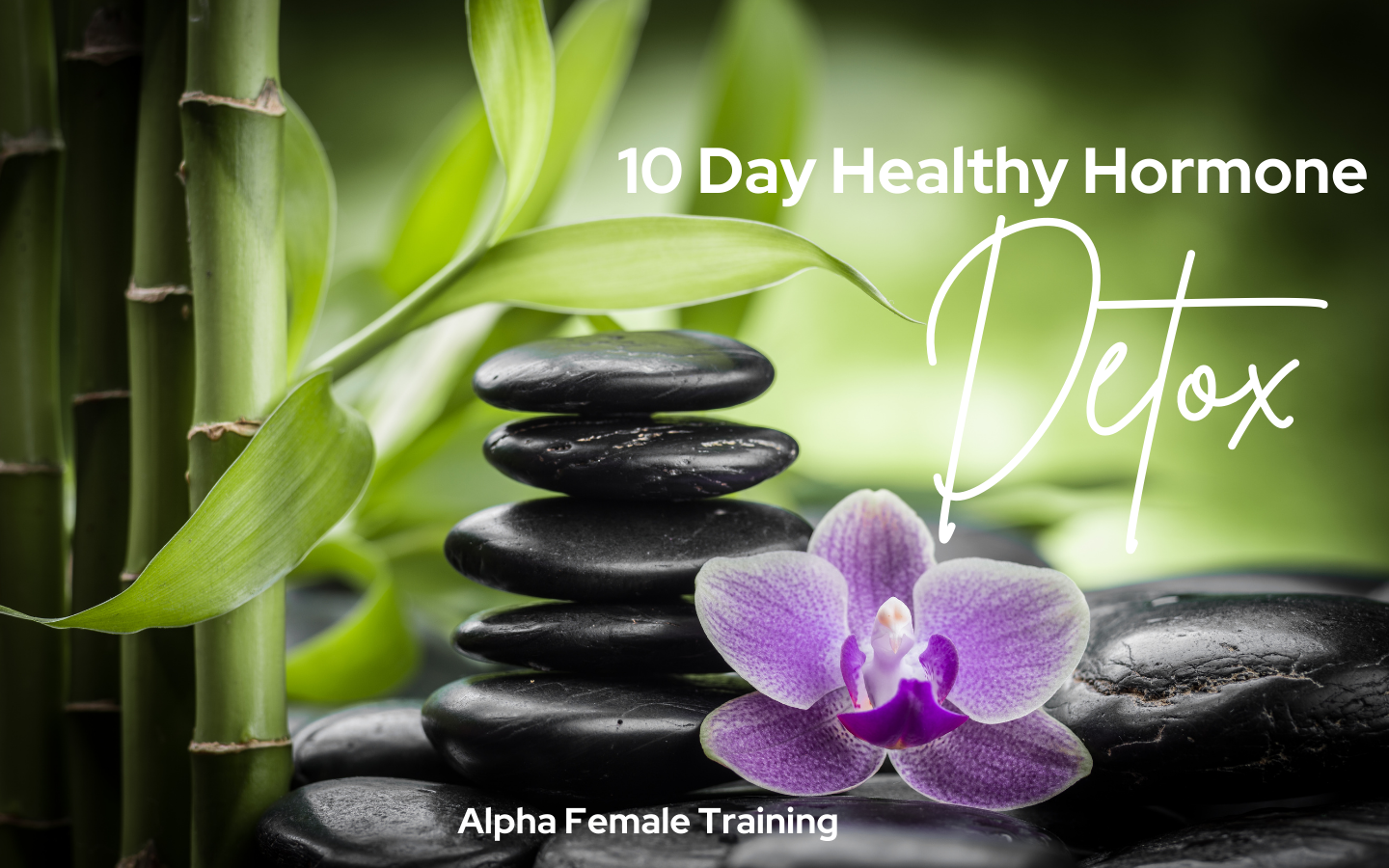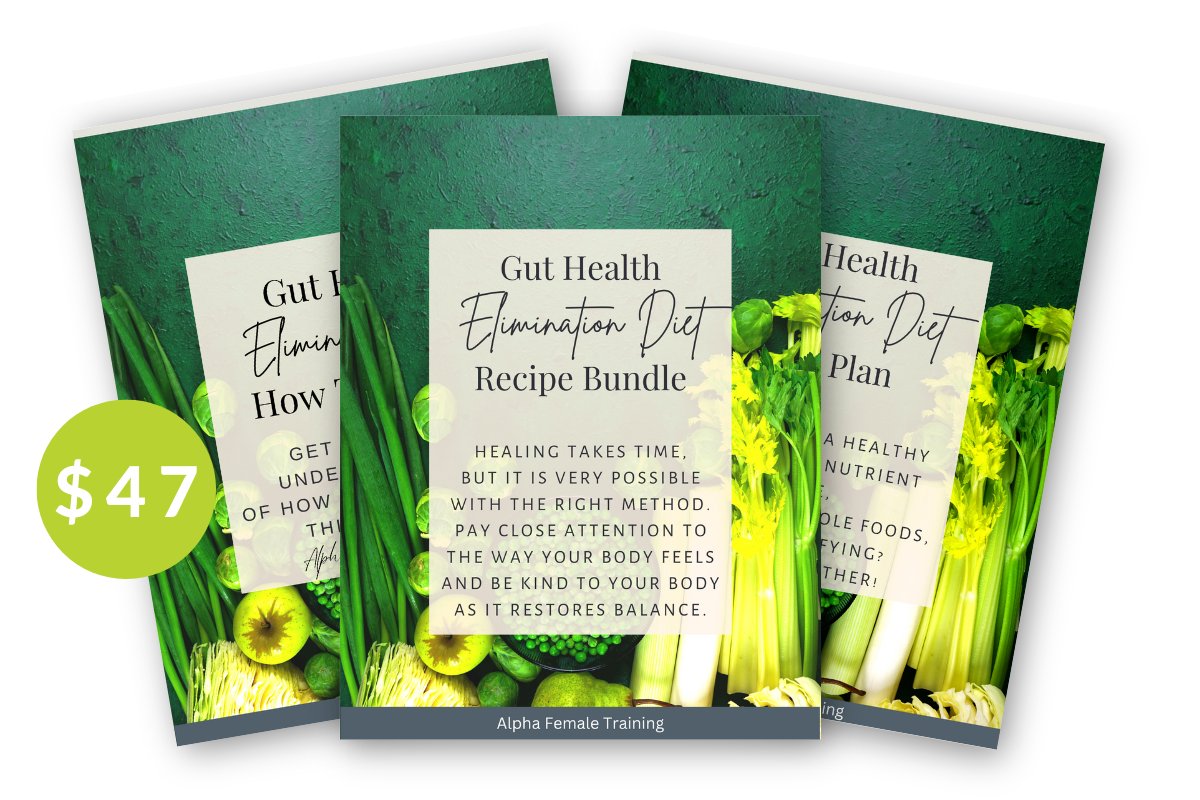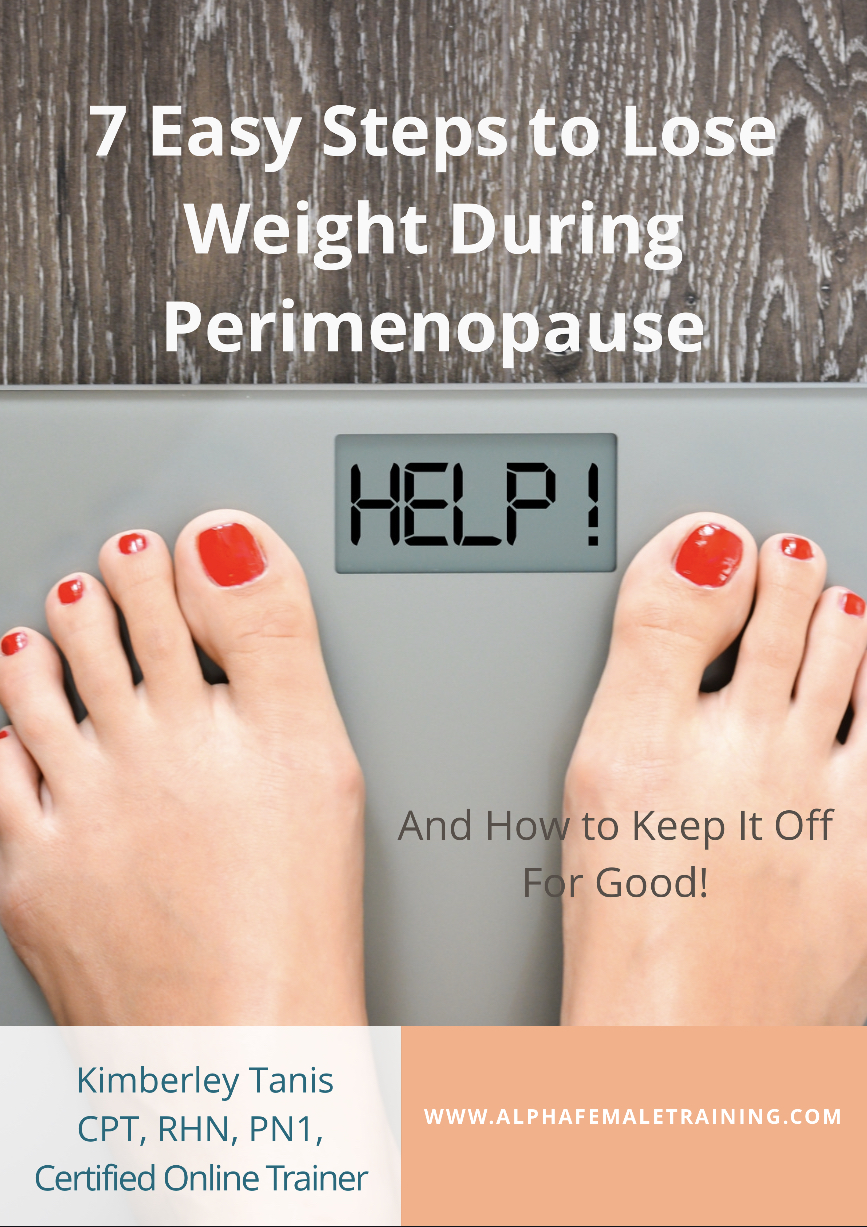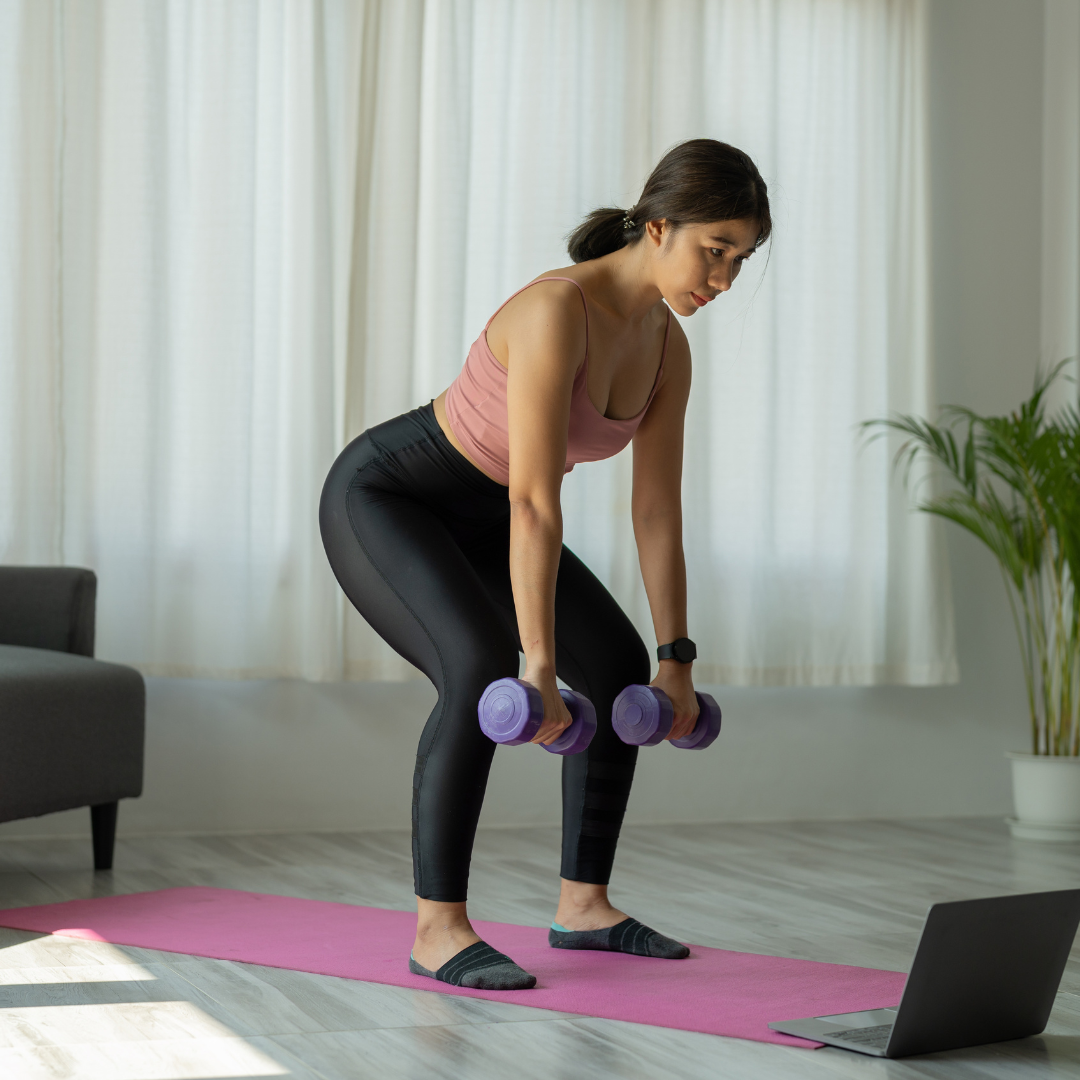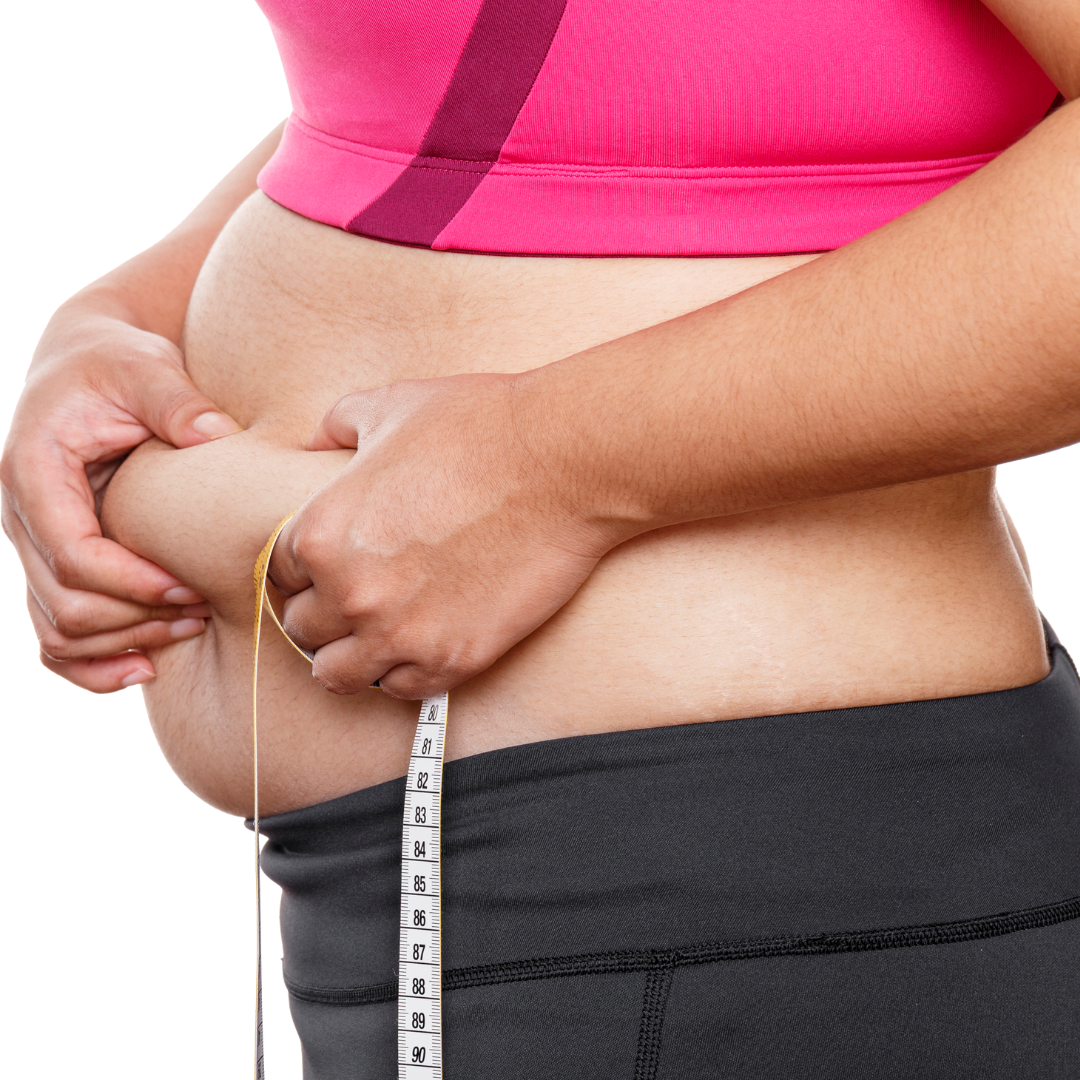Menopause Stress and Anxiety
Are you suffering from menopause stress and anxiety? Wondering why? Well,during our transition of menopause, all of the crazy fluctuations in our sex hormone levels impact the production and regulation of neurotransmitters in our brain.
The decrease in our progesterone levels leads to an increase in cortisol, our stress hormone. In addition, the decline in estrogen levels decreases our serotonin, which is our happy feel-good hormone. So, over 50% of women aged 40 to 55 say they experience higher levels of anxiety and stress during perimenopause and menopause.
It's important to note that we don't have a total understanding of how menopausal hormone changes affect our moods, and there are several things that can cause symptoms like stress, anxiety, or feeling down during menopause.
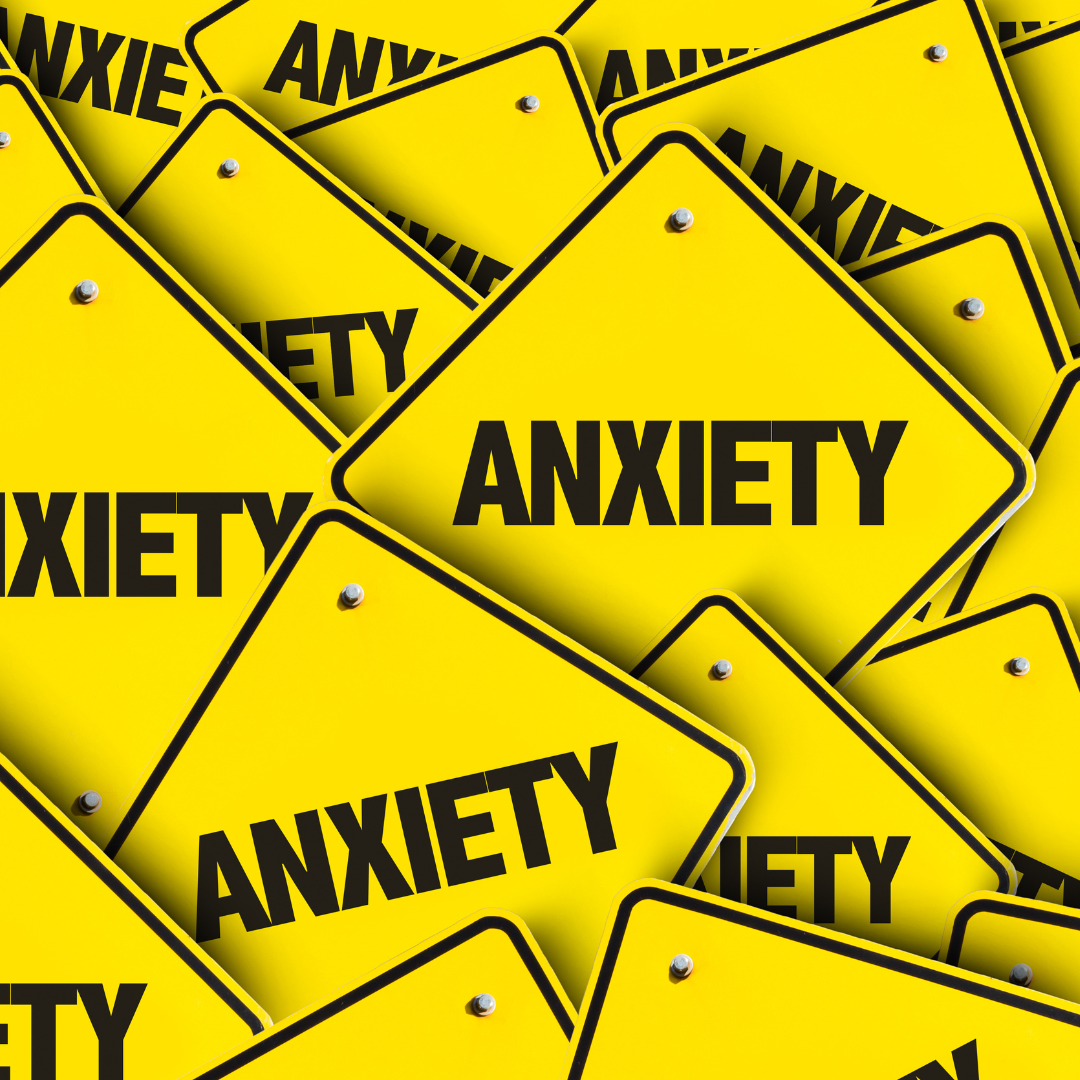
Symptoms of menopause can cause stress and anxiety
Menopausal symptoms such as hot flashes (vasomotor symptoms), night sweats, sleep disturbances, weight gain (and body image concerns), fatigue, brain fog, and mood changes can all make everything tough to deal with and causing menopause stress ad anxiety.
On top of that, there's the added pressure of navigating all of the life changes during our 40s and 50s. Some of us may go through a divorce or remarry, while our children grow up and leave home. Some women may return to work, while others are ready to retire. Many of us find ourselves caring for both ageing parents and growing children simultaneously - AKA the sandwich generation.
Furthermore, I've observed in my menopausal clients that they often feel more anxious about their overall health due to age-related health concerns and the ongoing impact of COVID-19, infections, and vaccination side effects.
With so many changes happening to our hormones and bodies during this phase of our lives, it's no surprise that many women feel more stressed and anxious than ever before.
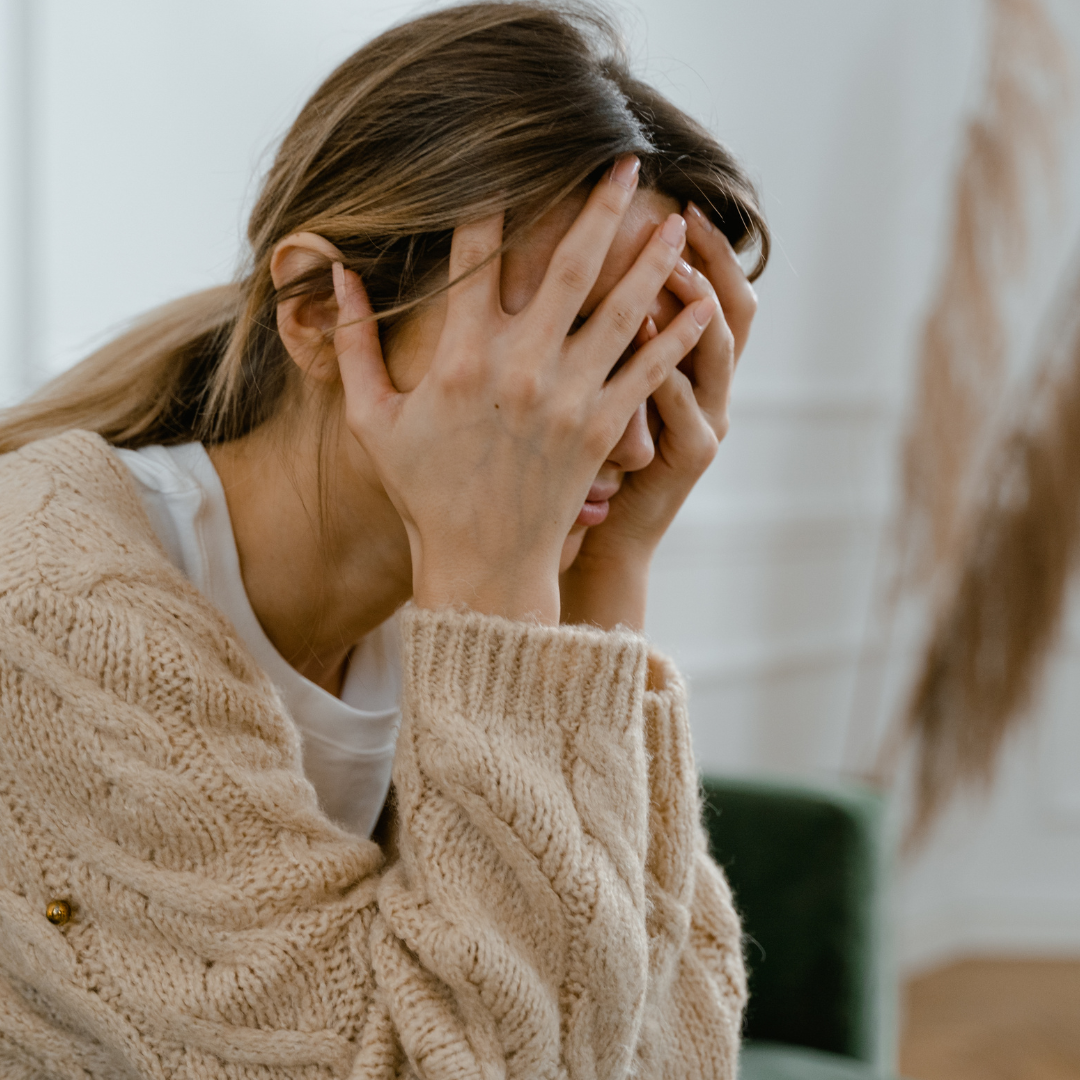
Fortunately, there are many natural ways to manage these emotional symptoms and start feeling better. The key is to grasp the link between our body's hormone levels and our response to stress and then do everything you can to reduce the stresses at this stage in life - and I know, no easy task.
Anxiety and stress symptoms in menopause
Although anxiety and stress are very intertwined, they are distinct concepts. Stress is our body's response to a perceived danger, while anxiety is our body's response to our stress reaction.
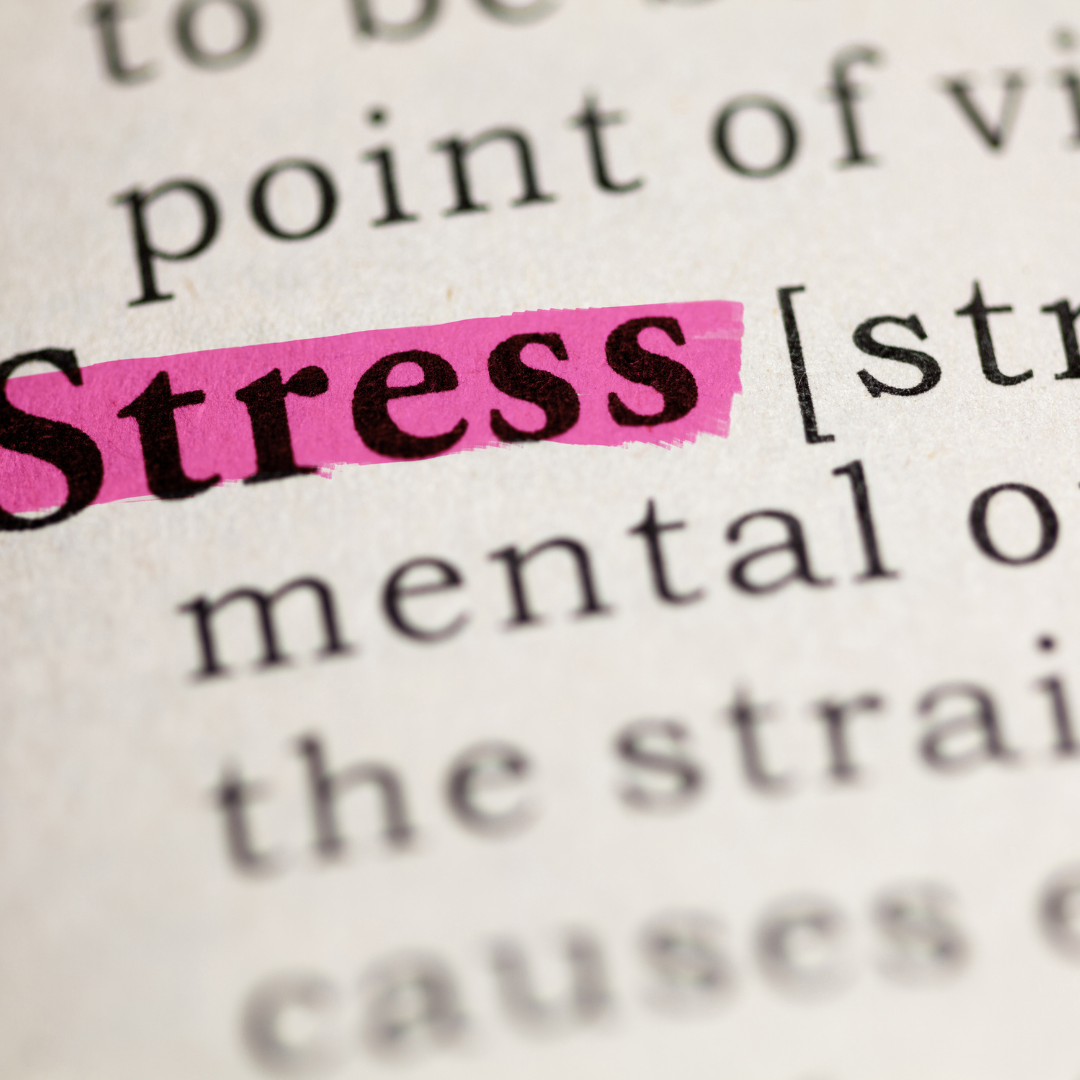
Menopause STRESS
Throughout perimenopause and menopause, we encounter various forms of stress, including physical stress like hot flashes, poor sleep, migraines and joint pain, emotional stress like intense mood swings, and mental stress like brain fog. The decrease in progesterone levels and increase in cortisol levels during menopause can affect our ability to manage stress effectively.
Typical symptoms of stress may include:
Difficulty unwinding or relaxing
Trouble focusing or concentrating
Physical and mental exhaustion
Feeling easily agitated, irritable, or tearful
Sleep disturbances
Dizziness
Shortness of breath
Changes in appetite or digestive issues
Headaches
Teeth clenching or grinding at night
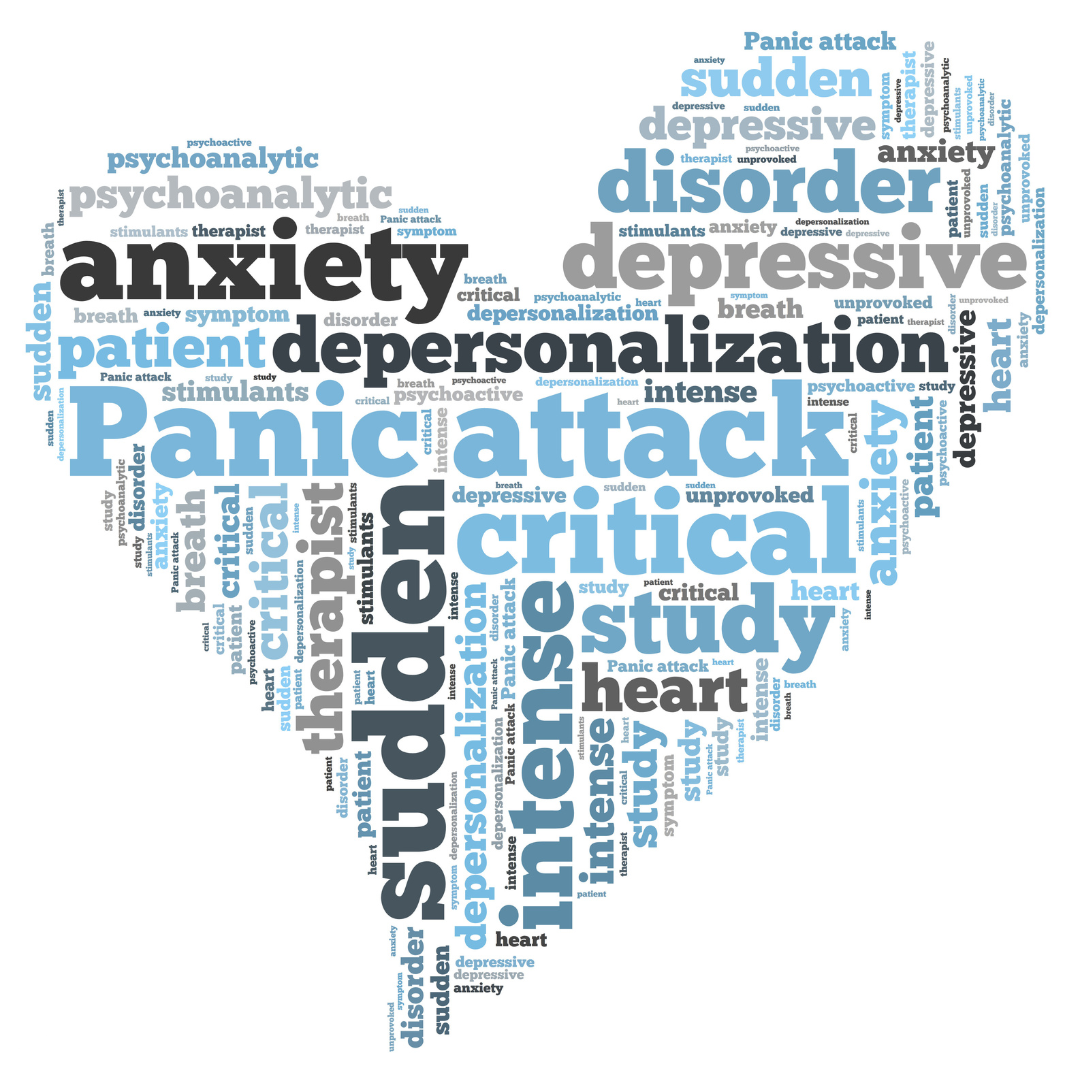
Menopause ANXIETY
Anxiety refers to an underlying sense of unease, dread, worry, apprehension, or irrational fear that can arise as our hormones shift during perimenopause and menopause. Some women may experience anxiety in response to specific situations or thoughts, while others may feel a more generalized sense of unease or even panic.
Typical symptoms of anxiety include:
Overwhelming feelings of worry or fear
Palpitations or increased heart rate
Difficulty breathing
Dizziness
Sweating
Sleep disturbances
Tightness in the throat
Anxiety tends to be more enduring than stress, often arising without an obvious trigger. During menopause, some women may develop severe anxiety or experience panic attacks.
If you've previously experienced these sensations in the past, it's not uncommon to find that they return or become more intense due to hormonal imbalances during perimenopause and menopause.
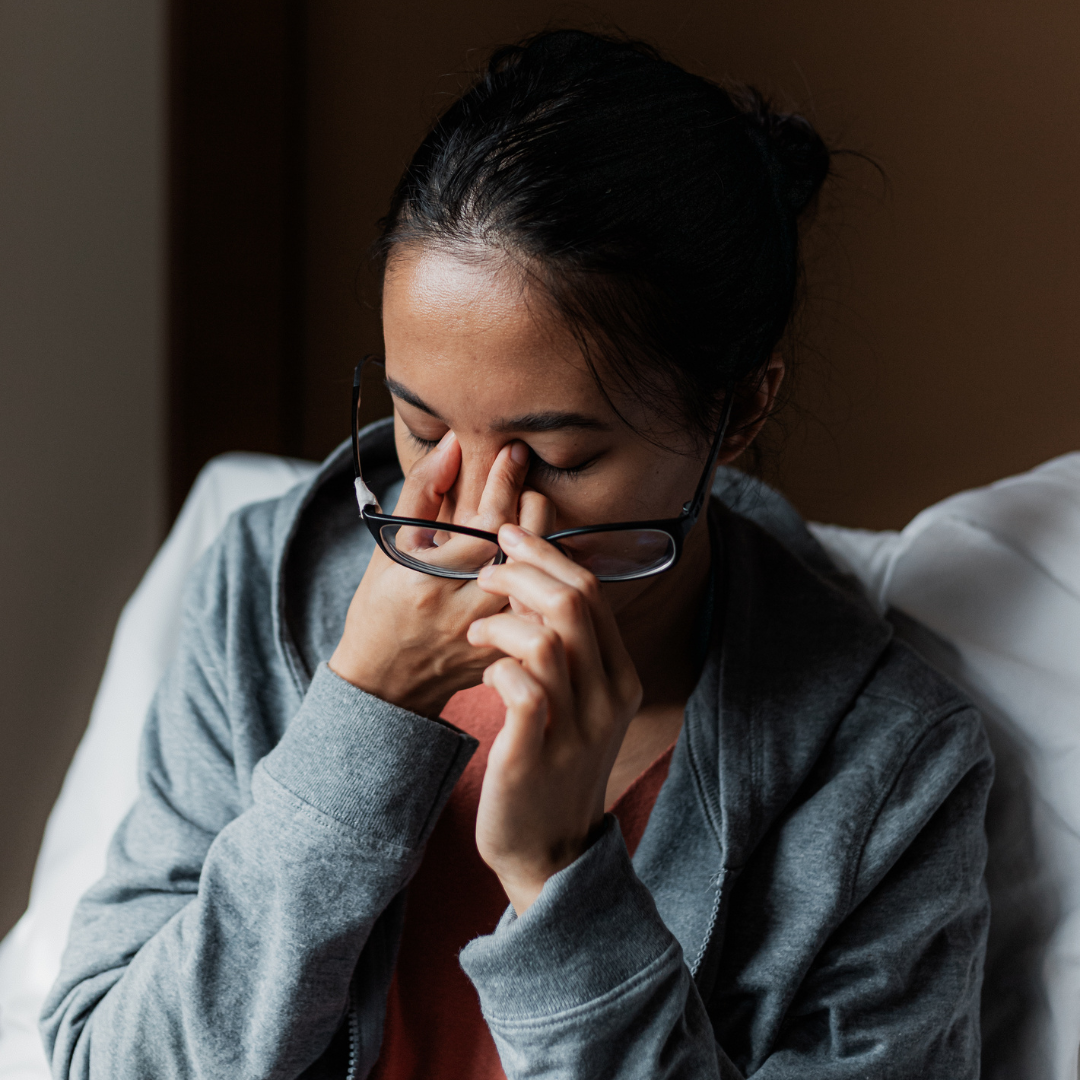
Your body, your hormones and stress
Did you know that stress can affect our bodies and minds in different ways? Positive stress can help us feel alert, capable, and energized, while negative stress can make us feel overloaded, indecisive, irritable, anxious, and exhausted.
Stress can come from physical, emotional, or mental sources, and it triggers the release of stress hormones like cortisol and adrenaline, which can influence the levels of other hormones in our bodies.
Each of us has a unique stress tolerance threshold, and the more stressed we are, the lower our tolerance to additional stress becomes. During menopause, hormonal fluctuations and our reactions to physical symptoms and emotional responses can lower our stress tolerance even further.
When our stress threshold is low, even small things can make us feel stressed out, and this can lead to anxiety symptoms like feeling constantly on edge or worried. Some women may even experience panic attacks for the first time or develop an anxiety disorder or panic disorder. But don't worry, there are ways to manage stress and reduce its impact on our bodies and minds!
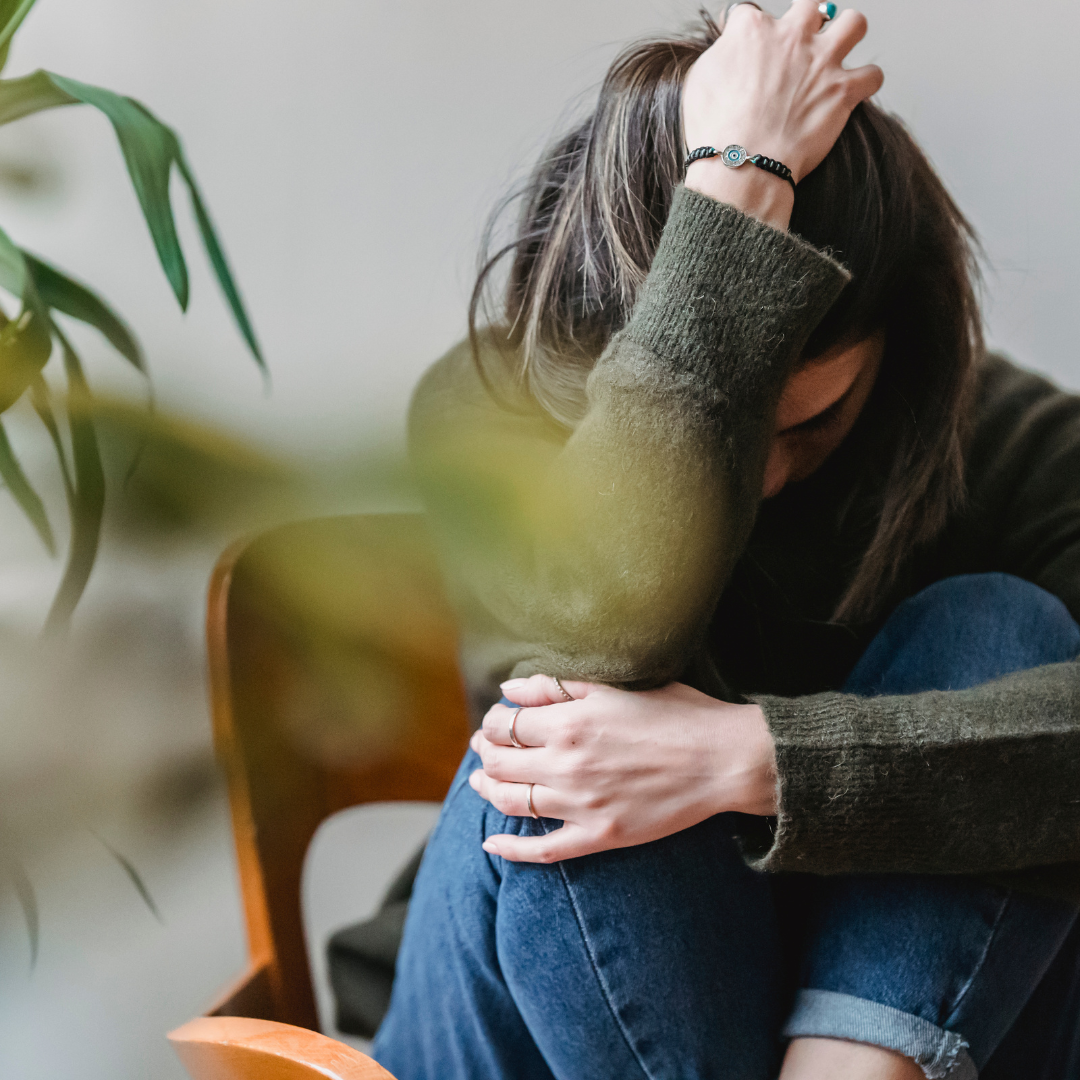
Stress can intensify SO many menopausal symptoms, which in turn can make us feel more stressed and anxious. This creates a crazy circle effect where stress and symptoms feed off each other and we go round and round, making it harder to break the cycle.
Take hot flashes and poor sleep, for instance. These can increase cortisol levels, which can then lead to an increase in appetite and cravings. This can cause weight gain, which can make hot flushes and moodiness worse. Additionally, high levels of stress can reduce estrogen levels, making our symptoms even more severe.
If you've had mental health issues before, menopause can increase your risk of experiencing stress and anxiety. If you're hesitant to seek help from a professional, take medication, or worry about hormone therapy's side effects, don't worry. There are still plenty of natural ways to improve your symptoms. And if you're already taking medication for stress or anxiety, the tips I share below can still benefit you.
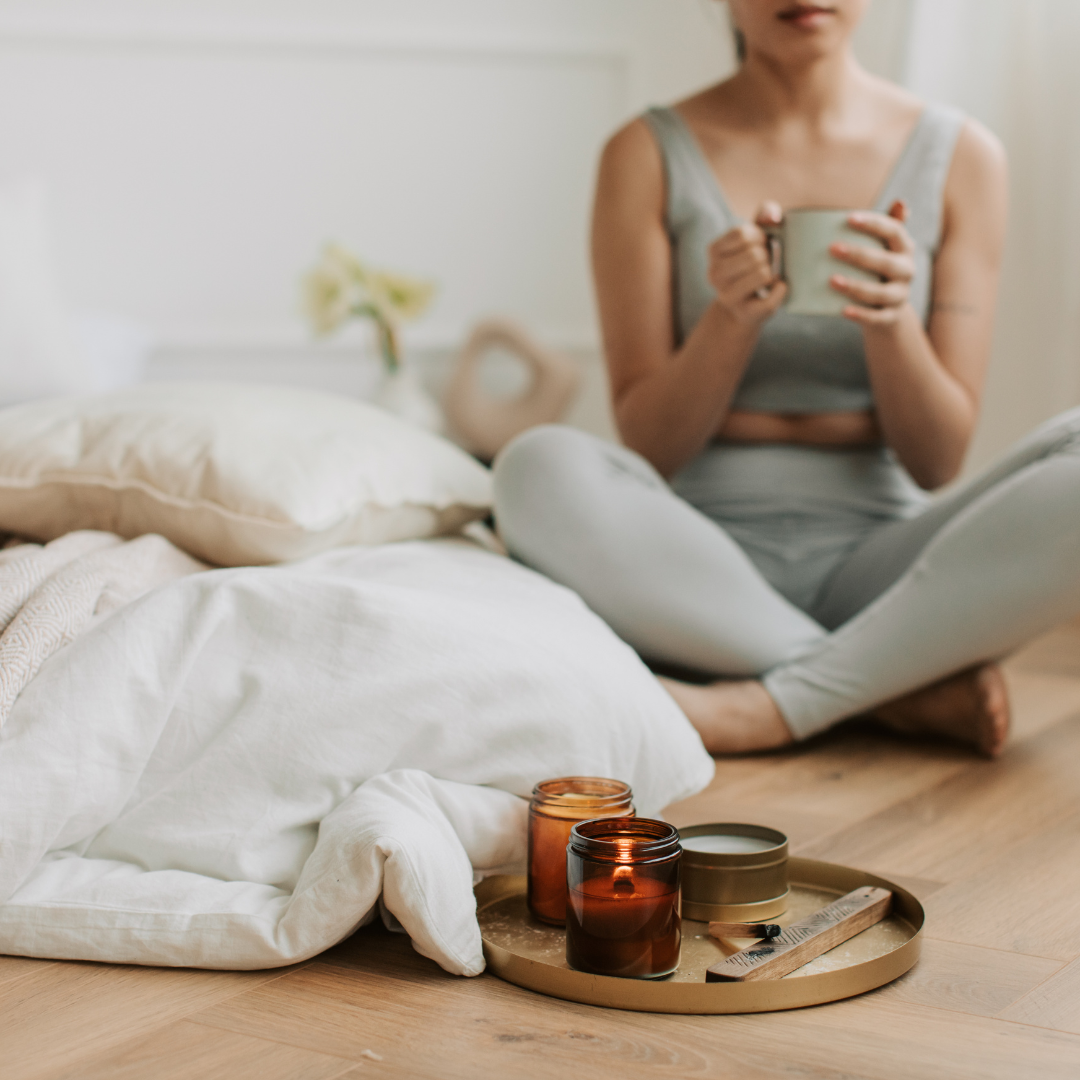
Natural supplements for menopause stress and anxiety
Magnesium
Maca
Fish Oil
CBD
Ashwaganda
L-theanine
Melatonin
Rhodiola
Probiotics
Herbal teas such as valerian or chamomile
Did you know that what you eat can contribute to your stress and anxiety?
Let's talk about how to make menopause stress and anxiety better by avoiding triggers that worsen them. Here are some common nutritional factors that can trigger stress:
- Unstable blood sugar levels
- Caffeine
- Alcohol
- Too many processed foods and not enough good nutrition
It's important to make good nutritional choices to avoid a ripple effect of stress throughout our bodies. Skipping breakfast, for example, can cause our blood sugar levels to drop, leading to mental exhaustion and feeling out of sorts. Then having coffee to pick ourselves up can spike our blood sugar and cortisol levels, making us even more anxious. By the end of the day, we might turn to a glass or two of wine to destress, but this can actually disturb our sleep cycle, leaving us feeling even more stressed and tired the next day.
An erratic, overcommitted lifestyle can also make our hormonal symptoms worse and increase stress. Here are some common lifestyle factors that trigger stress:
- Overcommitting and overworking
- Not getting enough sleep
- Too little or too much exercise
- Irregular routine
When we push ourselves too hard and don't get enough rest, we become more prone to stress and anxiety. We won't sleep well, wake up feeling exhausted, and our ability to recover will decline.
But don't worry, there are simple nutritional and lifestyle changes that you can make to feel calmer and more in control. Keep reading to find out more.
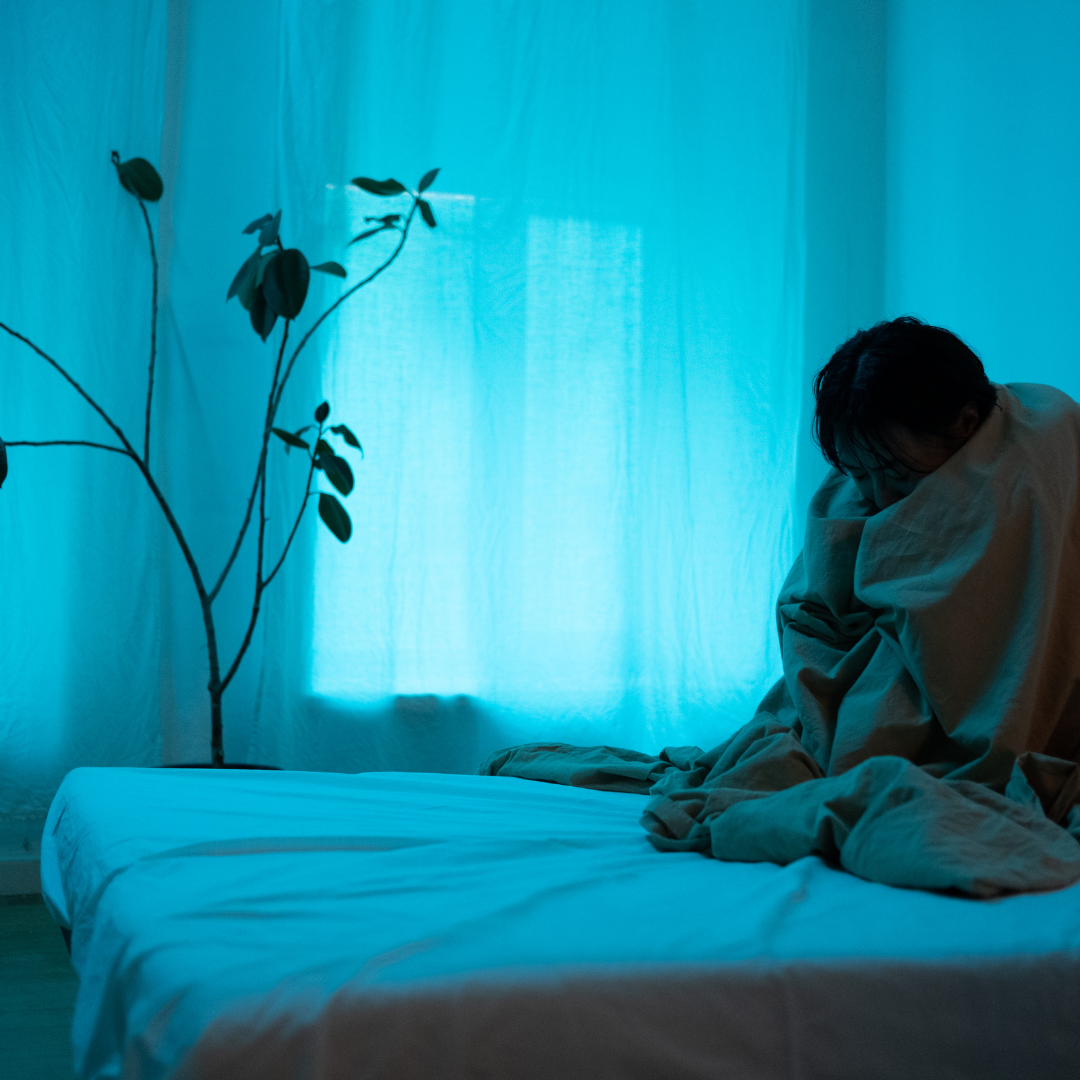
Let's talk about how you can eat to reduce stress!
Firstly, it's important to keep your blood sugar levels stable by eating regularly and including slow-release carbohydrates in your breakfast and lunch. Skipping meals or eating fast-digesting, low-fibre foods can increase stress and lead to mental and physical fatigue, cravings and weight gain.
Secondly, incorporating adaptogenic and hormone balancing plant-based foods can have a powerful impact on reducing stress. Plant-based foods contain many phytonutrients that help balance estrogen and progesterone and reduce cortisol and adrenaline levels, resulting in increased emotional stability and better ability to cope.
Including a variety of hormone-balancing foods such as nuts, seeds, green veggies and whole grains in your daily diet, in the right portion sizes, will help balance estrogen and progesterone levels while reducing cortisol and adrenalin. Nutrient levels will build up in your bloodstream over time, leading to an improvement in your overall well-being.

Daily lifestyle factors that can cause feelings of menopause stress and anxiety
Let's talk about some lifestyle factors that can impact our stress levels.
Sleep Quality
Getting enough restorative sleep is crucial for managing stress. How we feel when we wake up and throughout the day can be determined by the quality of our sleep. That's why it's essential to prioritize getting enough rest every night. 7-9 hours is ideal.
Daily Routine
Research shows that having a regular daily routine helps reduce stress and anxiety. Having a consistent routine can also help regulate our body clock - going to bed and waking up at the same time, getting sunlight every morning and keeping the room cool and dark, leading to better sleep at night.
Setting Boundaries (Family and Work)
As women, we often prioritize the needs of others before our own, which can leave us feeling stressed out and overwhelmed. Setting boundaries in our personal and professional lives can help us avoid being stretched too thin. It's ok to say 'no' sometimes!
Exercise
Exercise is great for improving lymphatic system circulation, releasing feel-good hormones like serotonin and dopamine, and lowering cortisol levels. Yoga (especially Yin or Yoga Nidra are an excellent option, as it can help regulate your breathing and calm your mind and body. Other low-impact exercises like weight lifting, stretching, power-bands, swimming, daily walks outside, Tai-chi, and cycling are also great choices.
Self-care and Relaxation Techniques
As women, we tend to focus on taking care of others, often forgetting about our own needs. Setting aside time for self-care and relaxation can help create more mental and emotional space in your life, leading to reduced stress levels. Find what helps you relax, whether it's taking a warm bath, using essential oils, listening to soothing music, practicing mindfulness, meditation, journaling, spending time in nature or the garden, or connecting with other women who understand what you're going through. Sharing your story relating to your experience with menopause stress and anxiety and reading other women's stories can help you feel less alone and not crazy :)

Do you have a personal horror story of perimenopause?
We would love to hear about your experience. It can really help to know that other women are going through something similar and yet unique, plus it feels good to get it off your chest and rant to women who care. Share it with all the other ladies!
To wrap it up...

It's completely normal to feel anxious as we enter menopause and say goodbye to our younger bodies. Many women feel overwhelmed about the changes happening in their bodies, feeling older and not as capable as they used to be. Menopause can be a tough transition, but it's important to know that you're not alone if you're struggling with menopause stress and anxiety.
The good news is that there are many natural ways to balance our stress and sex hormones to help with menopause stress and anxiety which can help you feel better. It all starts with understanding the physiological changes that occur in our bodies and identifying what triggers stress and anxiety in the first place. By taking a preventative approach and developing healthy habits, you can stop the stress cycle before it starts and cope better with physical, mental, and emotional stress.
Putting your needs first and taking control of your body can be empowering and help shift your mindset. Building a regular routine around good daily habits will also help you feel more emotionally resilient. Remember, you don't have to do this alone. Having the right support and resources is crucial. My 90 day Hormone Reset Program walks you through all the strategies to help you look and feel your best again.


